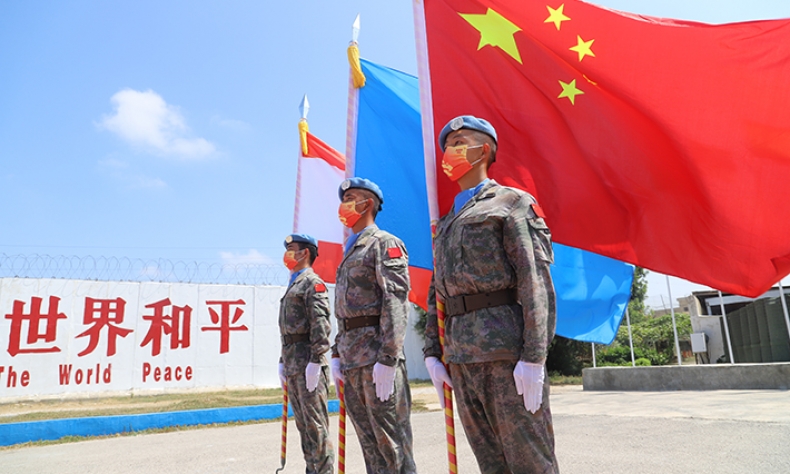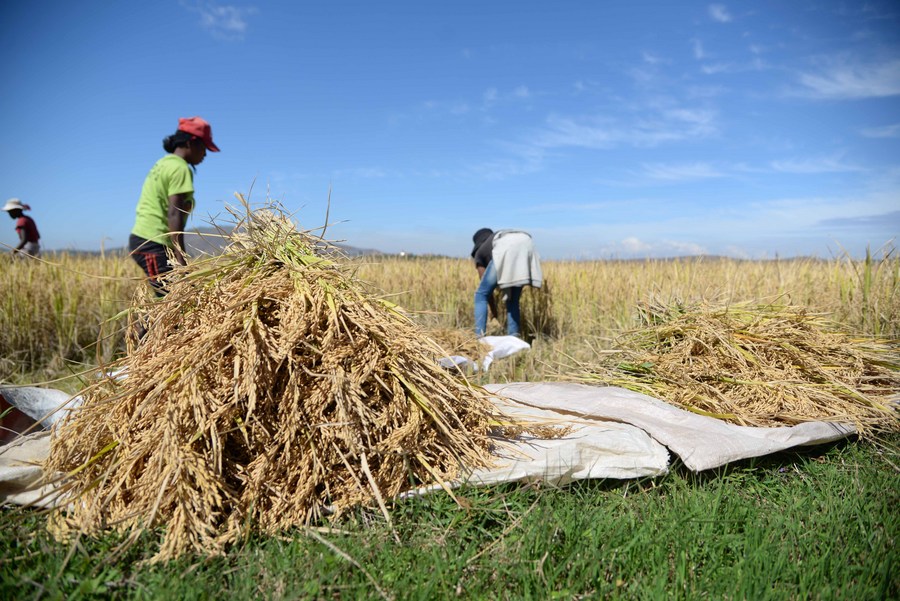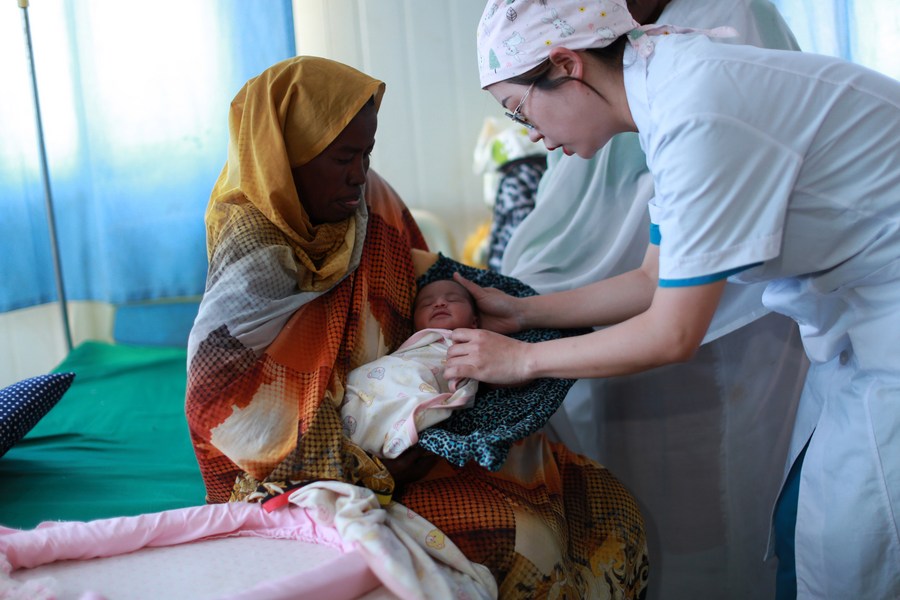Safeguarding Our Global Village

China’s initiatives on global development and security can play a crucial role in establishing a safer, healthier world.
Until recently, the world was fast becoming an interconnected global village. The Cold War was becoming a distant memory. The East-West divide was less of an ideological constraint but more of a geographical factor. But then came COVID-19 pandemic and the Russia-Ukraine war. In the blink of an eye, the old divisions began to resurface.
Great strides have been made towards connecting the global architecture to focus on the greater coordination between development and security to the benefit of all mankind, as opposed to the benefit of individual nations, which is often skewed in favour of the developed world. But within the new emerging multipolar world, development and security cooperation needs to adapt. The role of multilateralism in achieving such coordination should not be underestimated, neither should initiatives such as the Global Development Initiative (GDI) and the Global Security Initiative (GSI).
The GDI was put forward at the United Nations (UN) by Chinese President Xi Jinping in September 2021. In addressing the General Debate of the 76th Session of the UN General Assembly, Xi outlined the initiative in his speech titled Bolstering Confidence and Jointly Overcoming Difficulties to Build a Better World. It is intended to support the UN’s Sustainable Development Goals, which envisage a “global development partnership” to promote a “stronger, greener and healthier” world.
Development goals
Since then, 32 practical measures for cooperation have been identified, and more than 100 countries and international organisations have indicated their support, 68 of which have joined the Group of Friends of the GDI at the UN.
Going forward, the GDI will have six main functions. Firstly, it will remain committed to development as a priority, and focus on the implementation of the UN’s 2030 Agenda for Sustainable Development. It will also remain committed to results-orientated actions and a project-led approach in promoting policy dialogue, experience sharing, capacity building, and practical cooperation.
Secondly, the GDI will encourage extensive participation, with the UN as an important partner for cooperation and with the Group of Friends of the GDI as the main driver. It will increase efforts to pool resources, encourage donor participation in cooperative projects, and better leverage the Global Development and South-South Cooperation Fund and the UN Peace and Development Trust Fund.

Lastly, and perhaps most urgently, it will focus on addressing the pressing key issues of poverty alleviation, food and energy security, as well as overcoming the disruption to industrial and supply chains.
In a nutshell, the GDI provides renewed impetus to the implementation of the UN’s 2030 Agenda for Sustainable Development by revitalising the global development partnership, mobilising international development resources, deepening development cooperation, bridging the North-South gap, and aiming for stronger, greener, and healthier global development.
Addressing security challenges
The GSI was also proposed by President Xi. It calls on countries to adjust to the changing international environment in the spirit of solidarity. It proposes that the complex and intertwined security challenges ought to be addressed with a win-win mindset.
The GSI pinpoints an exhaustive list of priorities for cooperation, including actively participating in the formulation of a New Agenda for Peace, as well as the other initiatives listed in the UN’s Our Common Agenda. It will also help to coordinate healthier interactions among major countries in order to build peaceful coexistence, overall stability, and balanced development.
Upholding the consensus that a nuclear war cannot be won and must never be fought, and seeing to the full implementation of the resolution titled Promoting International Cooperation on Peaceful Uses in the Context of International Security, which was adopted by the 76th Session of the UN General Assembly, will be a weighty priority.
So too will be encouraging the political settlement of international and regional disputes, while respecting the sovereignty and territorial integrity of all countries. In addition, the GSI will focus on shoring up the maritime dialogue and practical cooperation to reduce maritime differences, and to work together to tackle transnational crimes at sea.

The GSI also backs the World Health Organisation in its work on global public health, and in coordinating and mobilising global resources to jointly respond to global infectious diseases. Safeguarding global food and energy security is also a primary concern.
The GSI will see to the effective implementation of the UN Convention Against Transnational Organised Crime and support the cooperation among countries in addressing climate change.
The GSI proposes a number of platforms and mechanisms to carry out the hefty objectives. These include engaging in wide-ranging discussions within all organs of the UN, leveraging the roles of the Shanghai Cooperation Organisation, BRICS, the Conference on Interaction and Confidence Building Measures in Asia, and other relevant mechanisms, and holding of high-level conferences on global security.
It also undertakes to buttress international peace and security fora, such as the China-Africa Peace and Security Forum, the Middle East Security Forum, the Beijing Xiangshan Forum, and the Global Public Security Cooperation Forum. And, with a view to improving the governance capacity in the domain of non-traditional security, it suggests the creation of more international platforms and mechanisms for exchange and cooperation on tackling security challenges in such areas as counter-terrorism, cybersecurity, biosecurity, and emerging technologies.
As a result of the COVID-19 pandemic and the Russia-Ukraine war, the world has changed. A new trend is emerging. This negative trajectory must be countered in the interest of economic and human development. Dialogues must be synchronised, structured, and aligned with the UN goals.
The author is Chief executive officer of Inclusive Society Institute, South Africa.
* This article is an edited extract from the Inclusive Society Institute’s paper titled Navigating China-Africa Cooperation Within a Globally Constrained Geopolitical Environment, which was prepared for the recent 12th Meeting of the China-Africa Think Tanks Forum held in Jinhua, Zhejiang Province, China.
 Facebook
Facebook
 Twitter
Twitter
 Linkedin
Linkedin
 Google +
Google +










